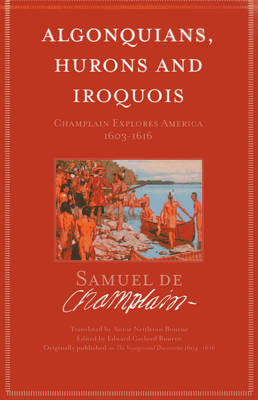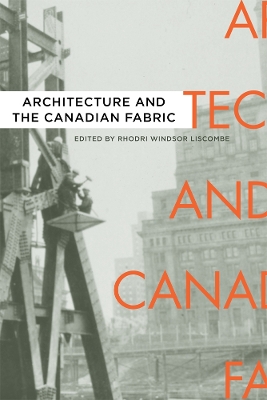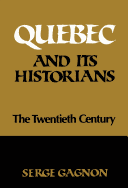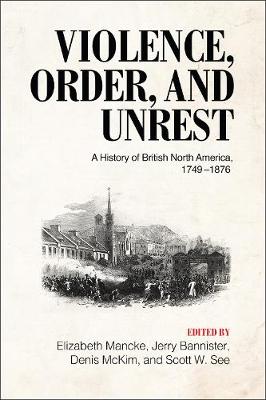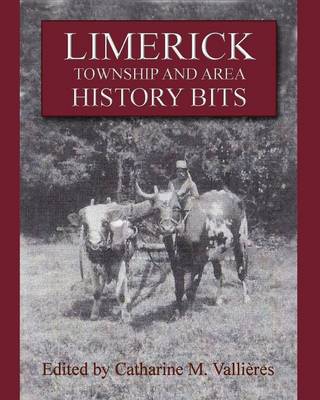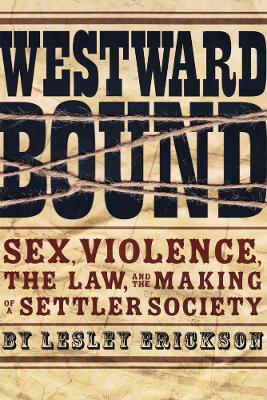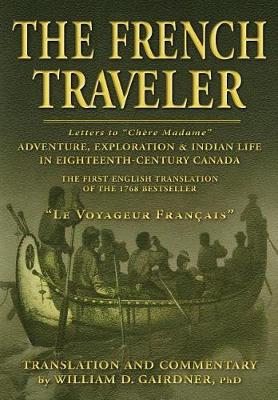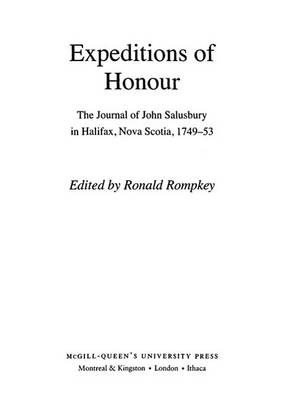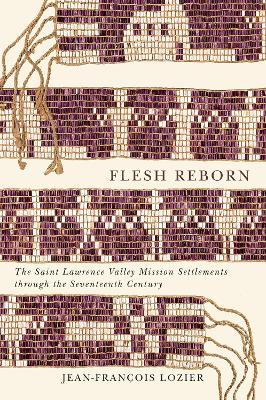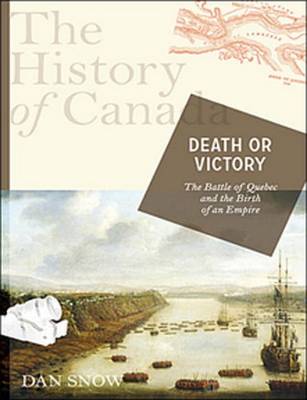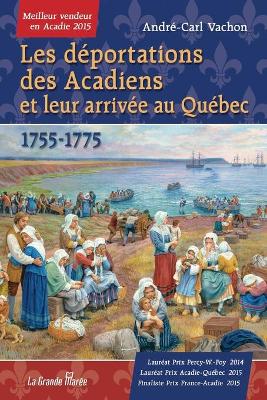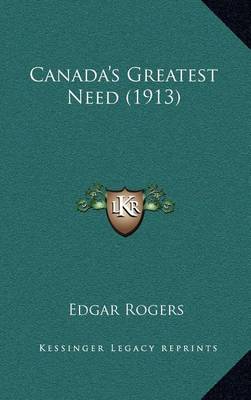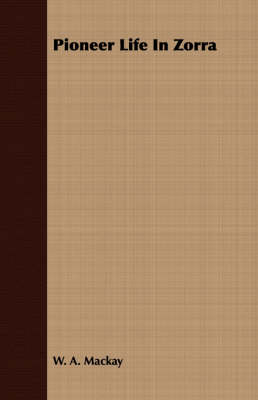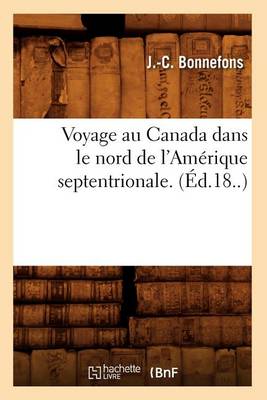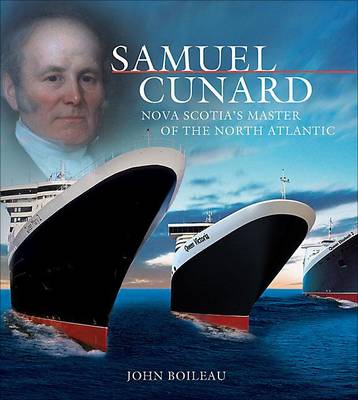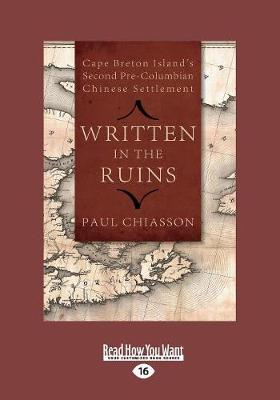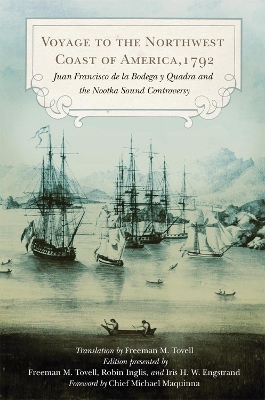Architecture and the Canadian Fabric
Architecture plays a powerful role in nation building. Buildings and monuments not only constitute the built fabric of society, they reflect the intersection of culture, politics, economics, and aesthetics in distinct social settings and distinct times. From first contact to the postmodern city, this anthology traces the interaction between culture and politics as reflected in Canadian architecture and the infrastructure of ordinary life. Whether focusing on the construction of Parliament or exp...
Britain and the Origins of Canadian Confederation, 1837-1867
by Ged Martin
Violence, Order, and Unrest
This edited collection offers a broad reinterpretation of the origins of Canada. Drawing on cutting-edge research in a number of fields, Violence, Order, and Unrest explores the development of British North America from the mid-eighteenth century through the aftermath of Confederation. The chapters cover an ambitious range of topics, from Indigenous culture to municipal politics, public executions to runaway slave advertisements. Cumulatively, this book examines the diversity of Indigenous and c...
Westward Bound debunks the myth of Canada's peaceful West and the masculine conceptions of law and violence upon which it rests by shifting the focus from Mounties and whisky traders to criminal cases involving women between 1886 and 1940. Erickson's analysis of these cases shows that, rather than a desire to protect, official responses to the most intimate or violent acts betrayed an impulse to shore up the liberal order by maintaining boundaries between men and women, Native people and newcome...
Expeditions of Honour: The Journal of John Salusbury in Halifax, Nova Scotia, 1749-53
by John Salusbury and Ronald Rompkey
Kelland's Transatlantic Sketches (Travel in America)
by Philip Kelland
Roland-Michel Barrin De La Galissoniere, 1693-1756 (Canadian Biography Studies)
by Lionel Groulx
British Columbia's Chilcotin War (Amazing Stories (Altitude Publishing))
by Rich Mole
Flesh Reborn (McGill-Queen's French Atlantic Worlds)
by Jean-Francois Lozier
The Saint Lawrence valley, connecting the Great Lakes to the Atlantic, was a crucible of community in the seventeenth century. While the details of how this region emerged as the heartland of French colonial society have been thoroughly outlined by historians, much remains unknown or misunderstood about how it also witnessed the formation of a string of distinct Indigenous communities, several of which persist to this day. Drawing on a range of ethnohistorical sources, Flesh Reborn reconstructs...
The History of Canada Series: Death or Victory (History of Canada)
by Dan Snow
Perched atop a tall promontory and surrounded on three sides by the treacherous St. Lawrence River, Quebec City forms an almost impregnable natural fortress. But in 1759, with the Seven Years War raging around the globe, the capital city of New France came under attack. With the irascible British general James Wolfe in command, a force of more than 100 ships carrying nearly 9,000 men navigated the river, scaled the cliffs, and laid siege to the town in an audacious attempt to expel the French fr...
In this second installment in Gavin Watts Revolutionary War series, raiding was resumed and a new British ministry announced a cessation of arms in July. Frederick Haldimand discovered, though, that the treatys articles threatened Canadian security and made no provisions for the Natives or the loyalists
Les deportations des Acadiens et leur arrivee au Quebec - 1755-1775
by Andre-Carl Vachon
Voyage Au Canada Dans Le Nord de l'Amerique Septentrionale. (Ed.18..) (Histoire)
by Bonnefons J C
The Letters and Journals of Simon Fraser, 1806-1808 (Voyageur Classics, #6)
B.C. journalist Stephen Hume has said that fur trader and explorer Simon Fraser should be celebrated as the founder of British Columbia. Certainly, the achievements of the Scottish-descended United Empire Loyalist adventurer were impressive. During three extraordinary years, 1805-1808, Fraser undertook the third major expedition (after Alexander Mackenzie's and Lewis and Clark's) across North America, culminating in his famous journey down the river in British Columbia that now bears his name. E...
Paul Chiasson reveals the possibility that early Chinese settlers landed in Cape Breton long before Europeans. From the very beginning of the European Age of Discovery, Cape Breton was considered unusual. The history of the area even includes early references to the island having once been the land of the Chinese. In 1497, at least a century before any attempt at European settlement in the region, the explorer John Cabot had referred to Cape Breton as the ''Island of Seven Cities.'' The indigeno...
Voyage to the Northwest Coast of America, 1792 (Northwest Historical)
by Juan Francisco de la Bodega y Quadra
